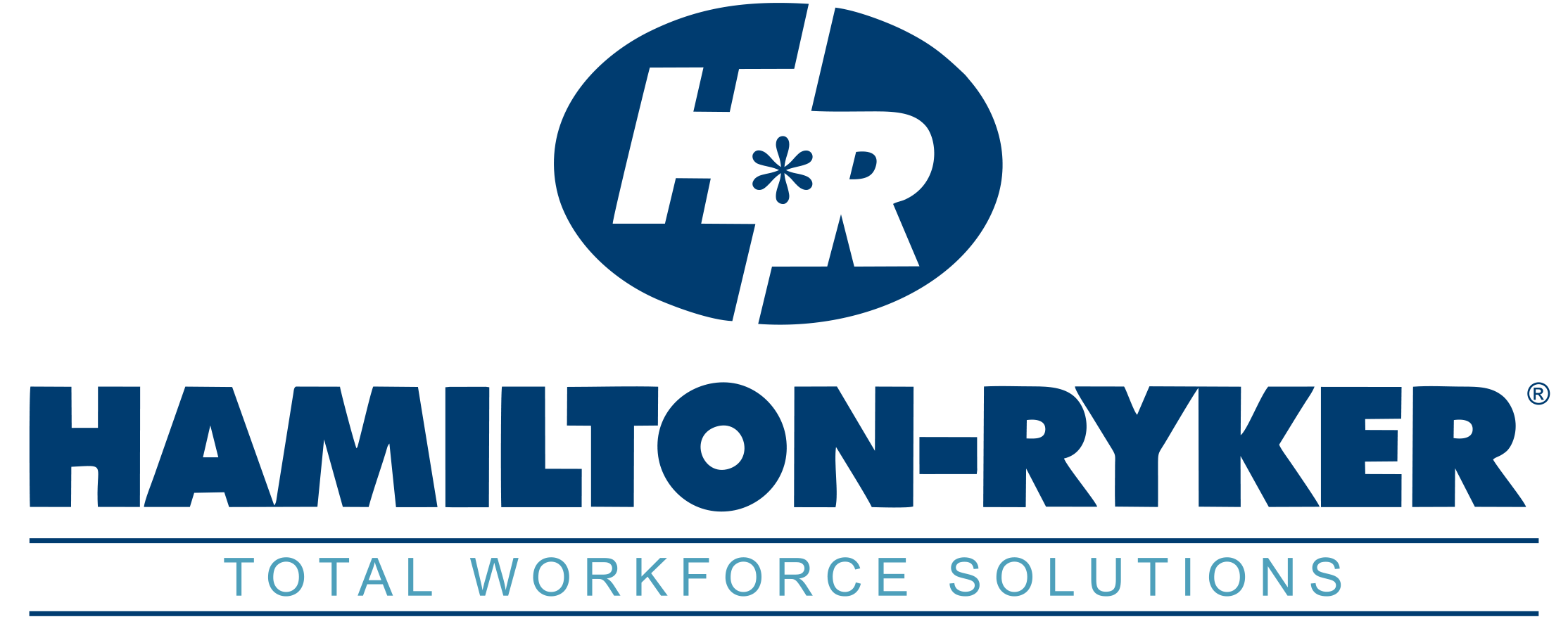Elbow Grease: Why Human Manufacturing Work is Still Viable
Will people eventually be replaced by robots? This question is a science fiction movie in the making, but also on the minds of many workers as the manufacturing industry continues to become more and more automated.
Robots are able to crank out product after product on an assembly line, without missing a beat in consistency. They perform repetitive tasks without the need for a break, which seems like it would increase productivity and output, and put human workers out of jobs.
The Creation of New Jobs
Though robots may replace some types of work, they actually create the need for other work opportunities. Consider that machines need to be programmed, monitored, maintained and updated. Though robots can take over some lower-level jobs, they can also create the need for higher-level positions – and their performance in lower-level job functions is not always perfect.
The Need For Flexibility
A good example, is the design of a new process. Employee A performs one task, and Employee B performs the next task, and so on down the line. Let’s say an assembly line manager notices a part of the process isn’t working and needs to be adjusted. A human worker can quickly change course, and the line keeps moving. A robotic worker must be reprogrammed, which can mean a considerable amount of time before it’s back up and ready to go. This lowers the productivity the machine was meant to improve.
The Ability to Adjust to Variation
A second example is a job that requires a worker to perform the same task, but the components involved don’t always look the same. There may be variations in size and shape, and the worker must adjust their process each time to accommodate variation. A human can easily do this through problem-solving skills—but the same task requires specific programming for a machine, especially when variations can’t always be predicted.
Where Humans Excel
Though we’re “just human,” the part of us that makes us fallible is also the part that helps us ultimately win out over robots. We can make decisions, problem solve, change our minds, change our process and quickly adapt. And though machines may someday get there as well, this still creates other opportunities for human workers—for programming, monitoring and maintaining. In the end, we’re the ones who created robots and we will continue to be needed to ensure they work properly.
In Need of Additional Staff or Upskill Your Existing Staff?
If your manufacturing company is growing and it’s time to staff up, contact Hamilton-Ryker. We’ll work with you to understand your needs and find highly qualified workers who fit. If you need to upskill your staff from production techs with machine maintenance or robotics, contact TalentGro – Hamilton-Ryker’s Workforce Development division.

